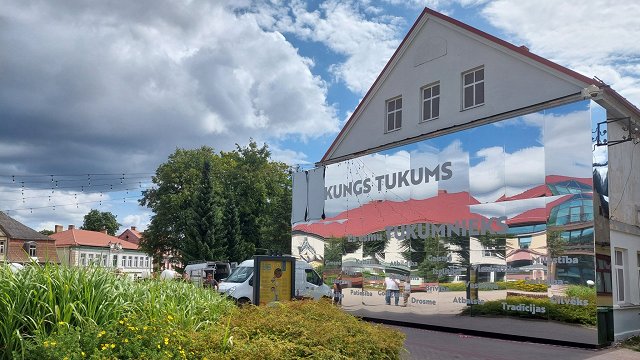On May 13, his birthday, Latvia has been marking National Language Day since the year 2011. This year’s fourth celebration of the event needs to consider that the biggest threat to the language could very well be from the immense flow of emigration out of the country, language scholar Janīna Kursīte told Latvian Television news program Rīta Panorāma on the occasion.
While referring to research that points to Latvian among some of the less threatened languages in the world, nevertheless there are about 5000 fewer speakers of it every year.
She plans to visit Latvians now living in Ireland this fall, where the diaspora community is trying hard to keep distance learning programs in place to prevent the loss of the language. Communities in Australia and Canada also do the same.
“At one point it seemed like once they left all their ties to Latvia disappeared, but after a while you realize you can’t live without your people, without speaking your mother tongue,” she said, adding that “the situation isn’t as bad as you might think, but it’s not exactly all fine, either.”
A map of the many activities being held at schools, libraries and culture centers around the land can be viewed at the Museum of Literature and Music website, which curates the National Language Day activities.
A master of many contemporary and ancient languages, Juris Alunāns became a teacher and writer after studying at Tartu university, where he helped found the new Latvian national movement.
Alunāns founded some of the first publications in Latvian, writing about popular scientific topics of the time, as well as political and satirical works directed against the Baltic German nobility and clergy.
From the year of his death on (during which he was under constant imperial police surveillance), the works of Alunāns were banned.



























